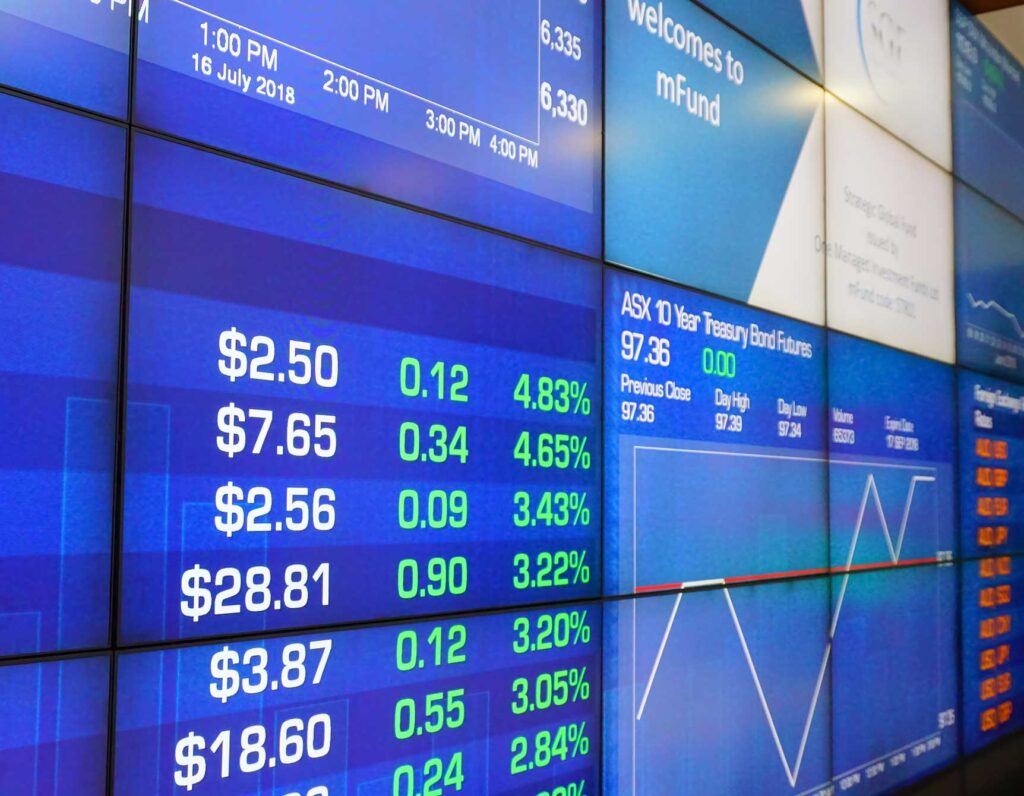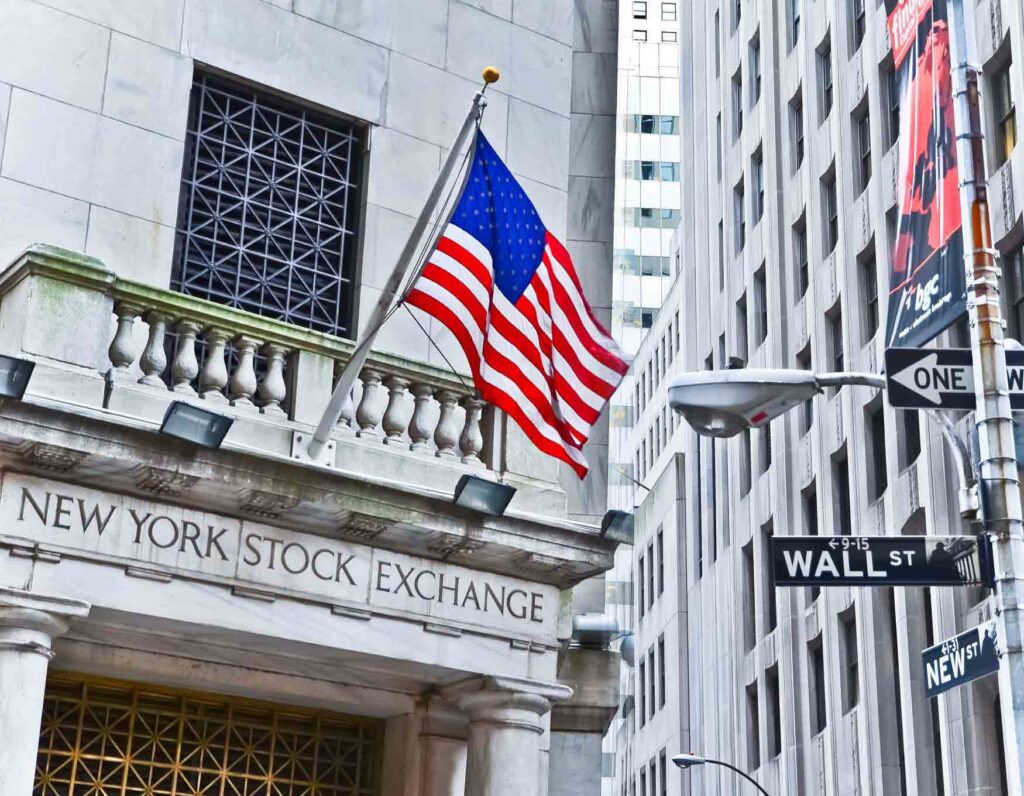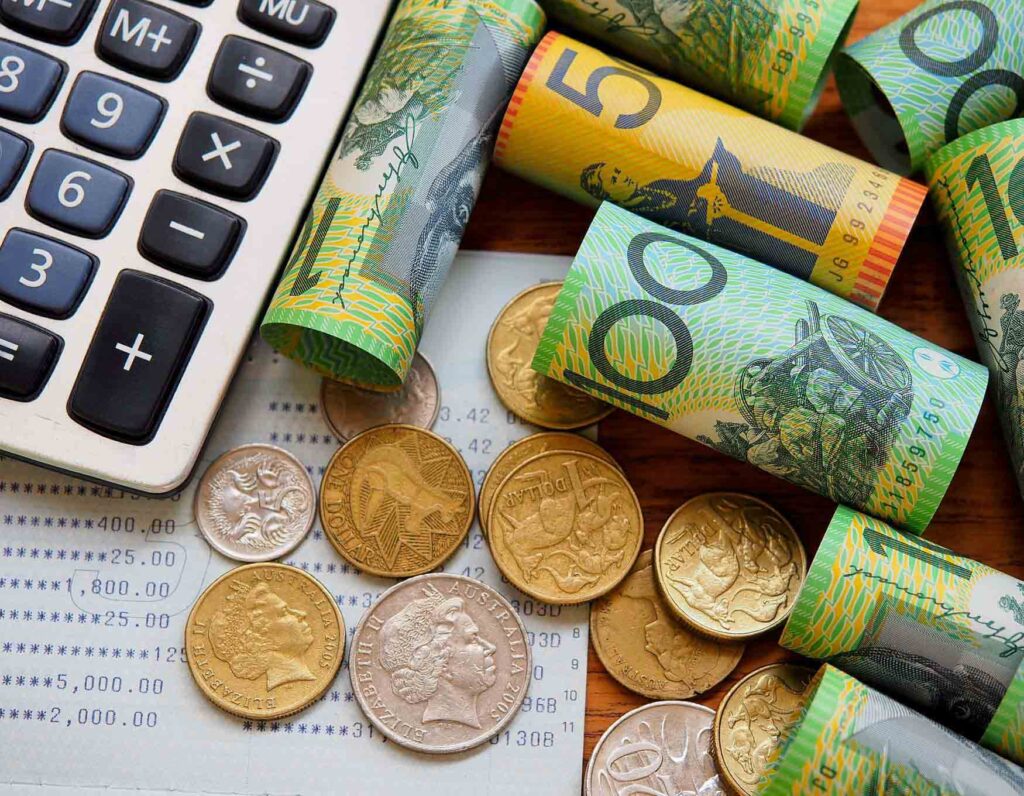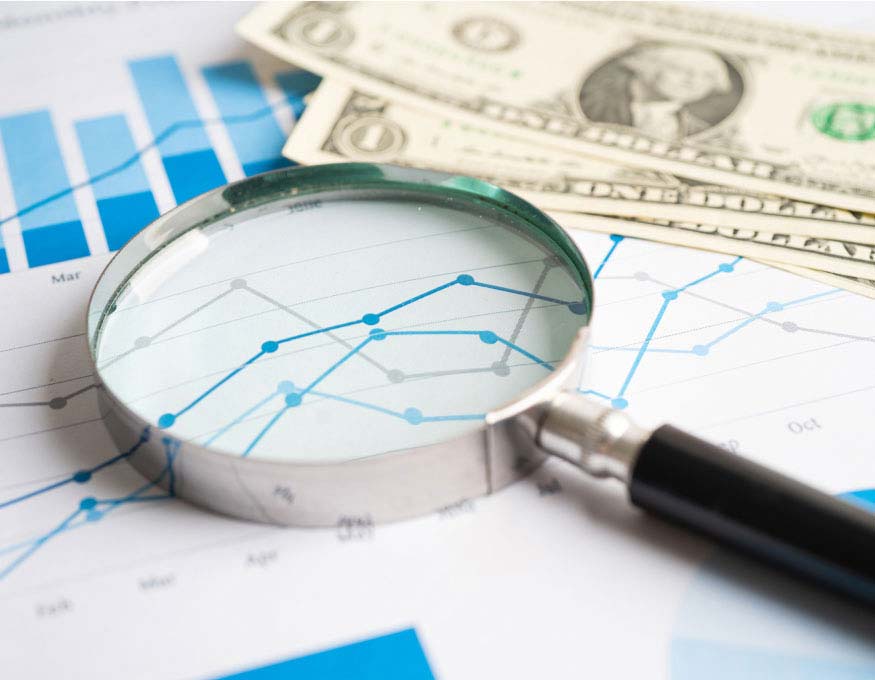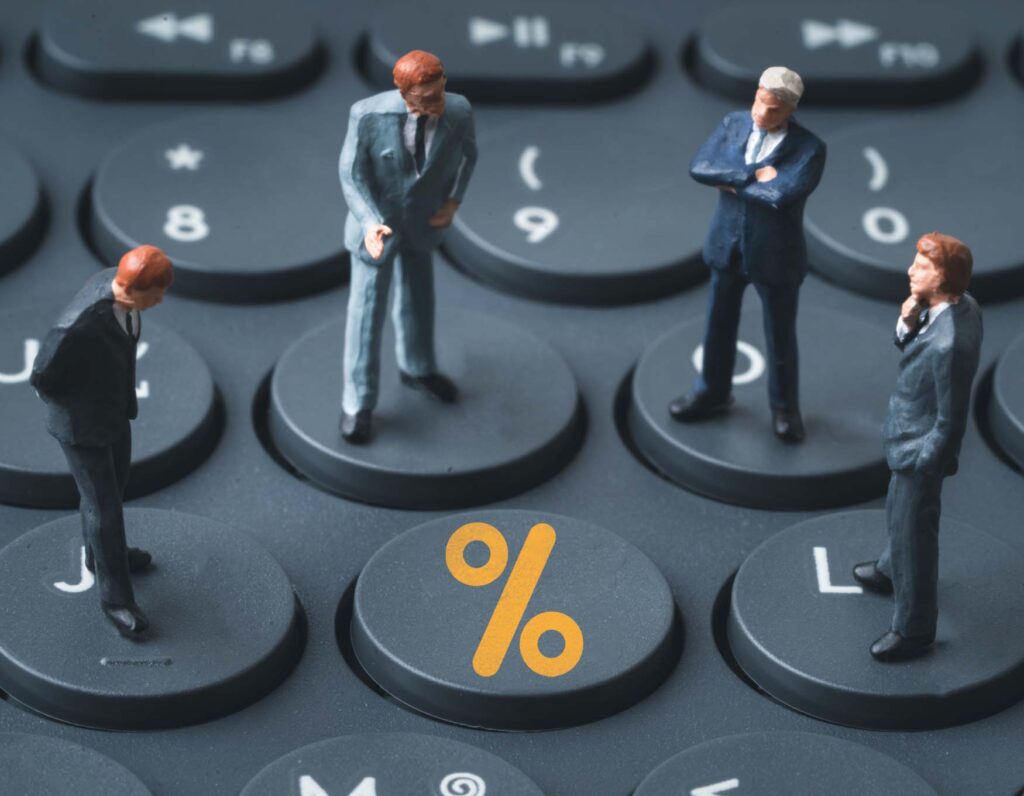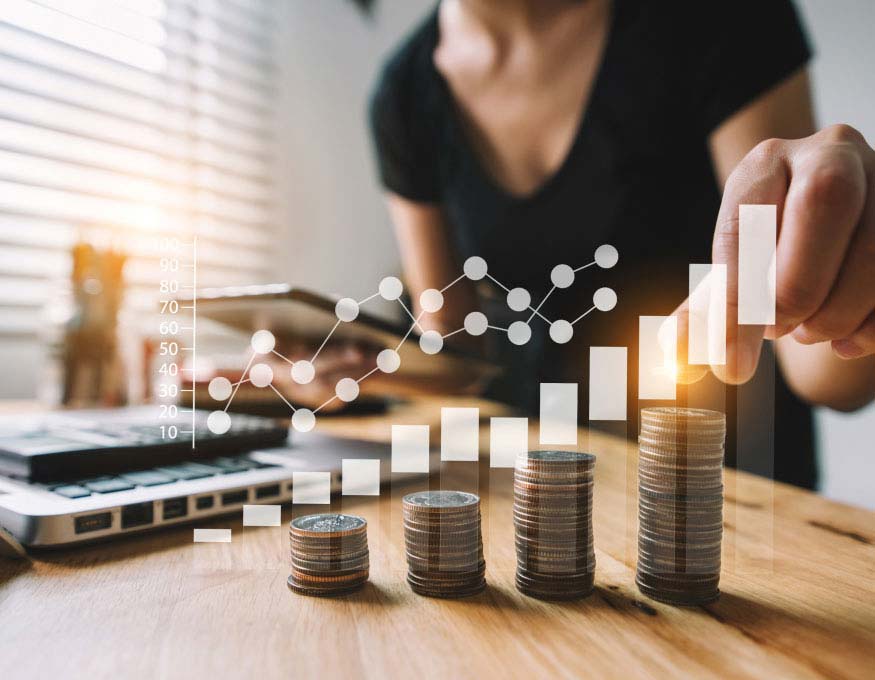Scan this article:
Right now there’s a lot of chatter about inflation rising both in Australia and abroad. But what is it and how might it impact your portfolio?
What is inflation?
In a nutshell, inflation refers to how the price of things change over time, with costs generally increasing over time.
Think about it. Fifty years ago, your parents – or grandparents – could have bought a new luxury car for a few thousand dollars. Last year, the average price of a new car was a little over $40,000 in Australia. Today the same amount of money won’t even get you into the Tesla showroom.
But inflation isn’t so much about the price of things rising as it is about the value of money – known as purchasing power – decreasing over time. As that happens, you naturally need more cash to buy the same things.
It’s another good reason to invest, knowing you’ll need to grow your wealth faster than inflation can erode it.
Shares have historically been one good way to beat inflation. The Australian share market has produced an average annual return of 8.55% over the last 30 years. Over the same period, inflation has averaged just 2.62%.
What’s happening with inflation today?
If you’ve filled up your car recently you’ve already felt the pinch of record high fuel prices which have risen more than 7% in the last few months alone.
New house prices are similarly spiking as construction demand and global shortages send the cost of materials through the roof. Excuse the pun.
These are two obvious examples of a broader trend as inflation in Australia rises quicker than it has in years.
In part this has been tied up with the pandemic and some of the responses to it. On the supply side of things, it has become more difficult – not to mention more expensive – to move goods around the world as supply chains are disrupted.
As the world has reopened, this has been matched by significant pent-up demand as consumers make up for lost time with their spending. In Australia, this has been fuelled further by the fact we’ve managed to save $230 billion between us thanks to government support.
This has helped drive prices higher with inflation currently growing at its fastest rate in six years in Australia. Overseas, it is even more dramatic. European inflation just rose above 4% for the first time since 2008.
What does it mean for the market?
Slowly rising inflation, a sign of a growing economy, generally has a positive effect on the broader share market.
When inflation rises more sharply however, it can put downward pressure on the stock market, at least in the short-term.
‘Downward pressure’ means market values will either rise more slowly than usual or go backwards. Generally this is as a result of the increasing cost of borrowing money and buying materials which in turn lowers earnings.
What are its consequences?
Let’s discuss the three main reasons why higher inflation is generally a negative for the market.
- Rising rates
When inflation rises, central banks like the Reserve Bank of Australia (RBA) and the US Federal Reserve often respond by raising official interest rates in order to take ‘heat’ out of the economy.
In a sense, we’re already seeing this as the RBA accelerates its timeline for the next rate hike to “late 2023”. This could be brought forward further still if inflation looks like rising above 3%, the upper limit of the RBA’s target.
Rising interest rates, in turn, have several effects:
- Consumers have less disposable income so they reduce their spending which, in turn, means businesses make fewer sales.
- Businesses have to pay more for supplies.
- Businesses have to pay higher borrowing costs.
All of this means lower profits which generally means lower stock market values.
- Spooking investors
The second reason has more to do with investor sentiment. Rising inflation creates fear and uncertainty which in turn dampens demand for equities.
- Greater risk-taking
Finally, rising inflation affects the market by making it harder for investors to get the sort of return they want. If they’re targeting an annual return of 6.5% after inflation for example, it means they’d need the stock market to return:
- 8.5% if inflation was 2%
- 9.5% if inflation was 3%
- 10.5% if inflation was 4%
Generally, you can’t earn a higher return without taking on more risk. As a result, some investors might decide they’d be better off shifting into other assets.
Five investment strategies in times of rising inflation
So how should you respond when inflation starts rising?
Unfortunately, there’s no one-size-fits-all answer as it depends on your individual circumstances and the particular economic conditions that exist at the time. But there are a few options that some investors generally favour.
- Establishing a diversified portfolio. While some stocks will be negatively affected by inflation others will benefit.
- Choosing ‘value’ stocks over ‘growth’ stocks. Value stocks tend to deliver profits in the shorter-term (when money is worth more) while growth stocks tend to deliver profits in the longer-term (when that money has been eaten up by inflation).
- Investing in companies that produce commodities like food or energy because commodity producers tend to find it easier to pass on price rises to their customers (and therefore protect their profit margins).
- Investing in gold which is often regarded as a ‘safe haven’ and a store of value.
- Investing in REITs (real estate investment trusts) or other forms of property because asset prices and rents tend to increase alongside inflation.

Become a part of
our investor community
Why you should join us:
- Join free and invest with no monthly account fees.
- Fund your account in real time with PayID.
- Get investing with brokerage from $2. Other fees may apply for U.S. shares.
Read our latest articles
Make knowledge your superpower and up your skills and know-how with our news, educational tools and resources.




